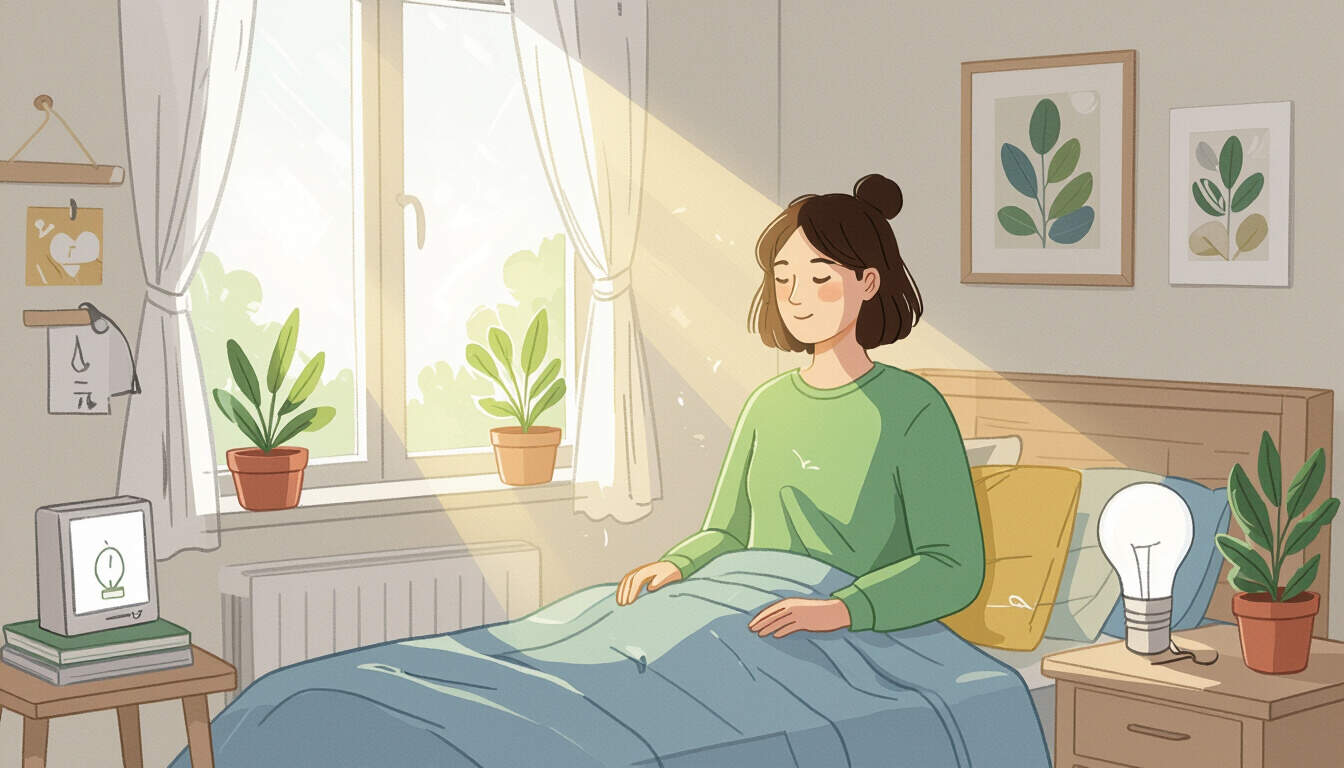Practical Energy Conservation in Everyday Life
 by Marlene Keeling
by Marlene Keeling
Discover simple ways to conserve energy while embracing minimalism. This approach brings calm to daily routines, helping busy professionals achieve a balanced lifestyle through easy, actionable steps that reduce waste and promote well-being.

Energy conservation offers a path to simplicity, allowing individuals to focus on what truly matters. In our busy lives, small changes can lead to significant benefits.
One key aspect is rethinking daily habits. For instance, turning off lights in unused rooms saves energy without much effort. This practice helps maintain a clutter-free environment, aligning with principles of minimalism.
Another area to consider is household appliances. Using energy-efficient models reduces consumption over time. By choosing items that serve multiple purposes, people can avoid excess and create a more serene living space.
In the kitchen, simple adjustments make a difference. For example, opting for hand-washing dishes when possible lowers the need for hot water, conserving resources. This method encourages mindfulness, letting individuals savor the moment rather than rushing through tasks.
At work, professionals can adopt strategies to minimize usage. Setting computers to sleep mode during breaks is an easy step. Such habits support a balanced routine, freeing up mental space for more fulfilling activities.
Outdoor activities also play a role. Walking or cycling instead of driving cuts down on fuel use. This choice promotes health and offers a chance to appreciate surroundings, fostering a sense of peace.
Benefits for Daily Living
Adopting these practices brings immediate advantages. Reduced bills provide financial relief, allowing more focus on personal growth. Over time, this leads to a lighter lifestyle, where less truly means more.
For busy individuals, the appeal lies in its straightforward nature. No major overhauls are needed; instead, gradual shifts build lasting change. This approach suits those seeking tranquility amid obligations.
Tips for Getting Started
Here are some actionable ideas to incorporate into your routine:
- Monitor usage with basic tools like timers on devices.
- Choose natural light over artificial sources during the day.
- Limit electronic device use in the evenings to encourage rest.
- Reuse items creatively to extend their life and cut waste.
- Plan meals to avoid overcooking, which wastes heat.
Each tip builds on the next, creating a cohesive system. By starting small, anyone can see progress without feeling overwhelmed.
Water conservation ties in as well. Shortening showers by a few minutes saves gallons daily. This habit reinforces the value of intentional living, where every action counts.
In warmer months, simple adjustments like using fans instead of air conditioning maintain comfort while being mindful of consumption. These choices contribute to a harmonious home.
Long-Term Inspiration
Over time, these efforts lead to deeper satisfaction. A simplified life reduces stress, offering space for reflection and joy. Individuals often find that conserving energy enhances overall well-being, creating a cycle of positive habits.
For everyday people, this means more time for meaningful connections. Families might enjoy shared activities without the distraction of excess. Professionals could use the savings to pursue hobbies, adding richness to their days.
Ultimately, practical energy conservation is about choice. By embracing these ideas, one can craft a life of calm and purpose, where simplicity reigns.
